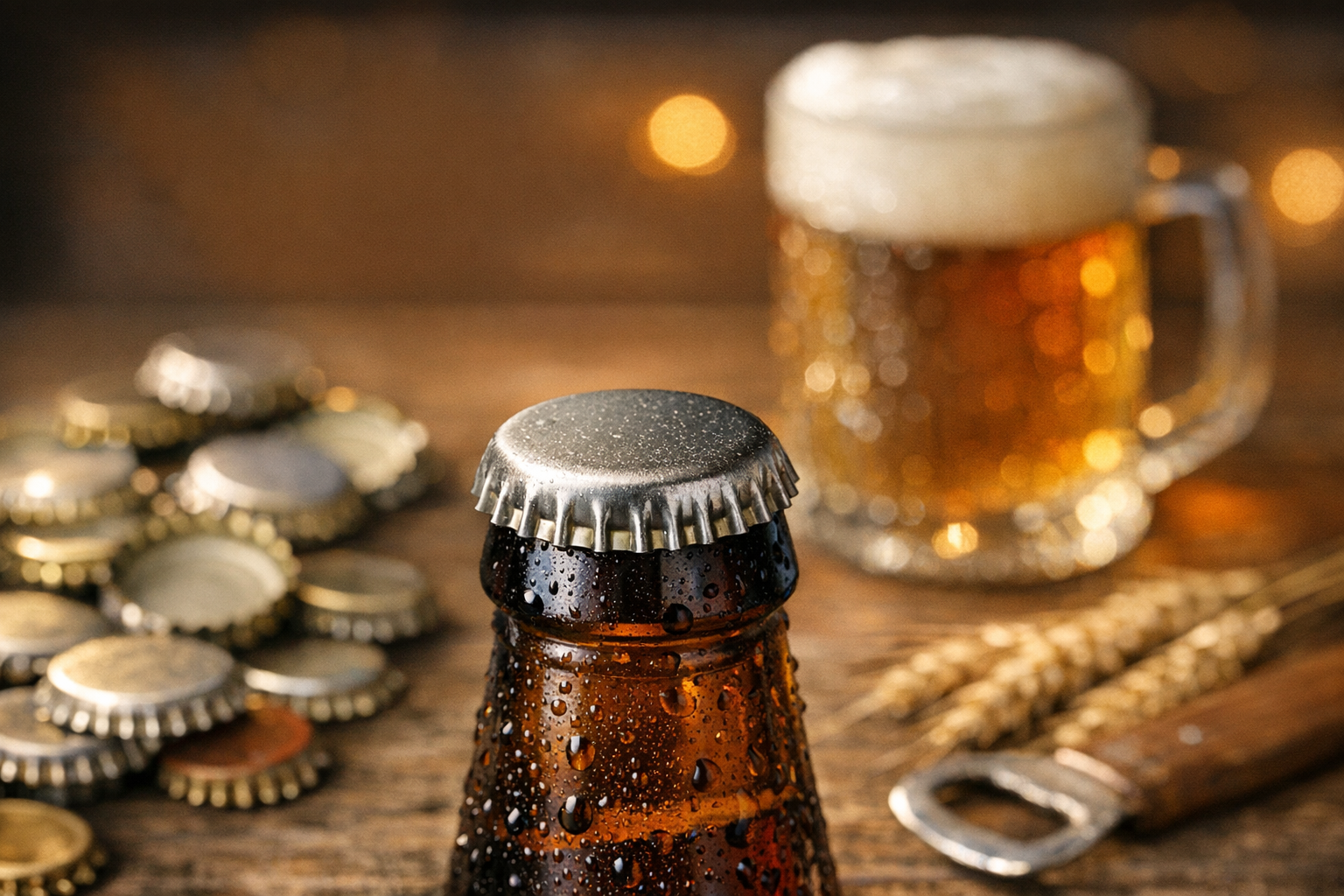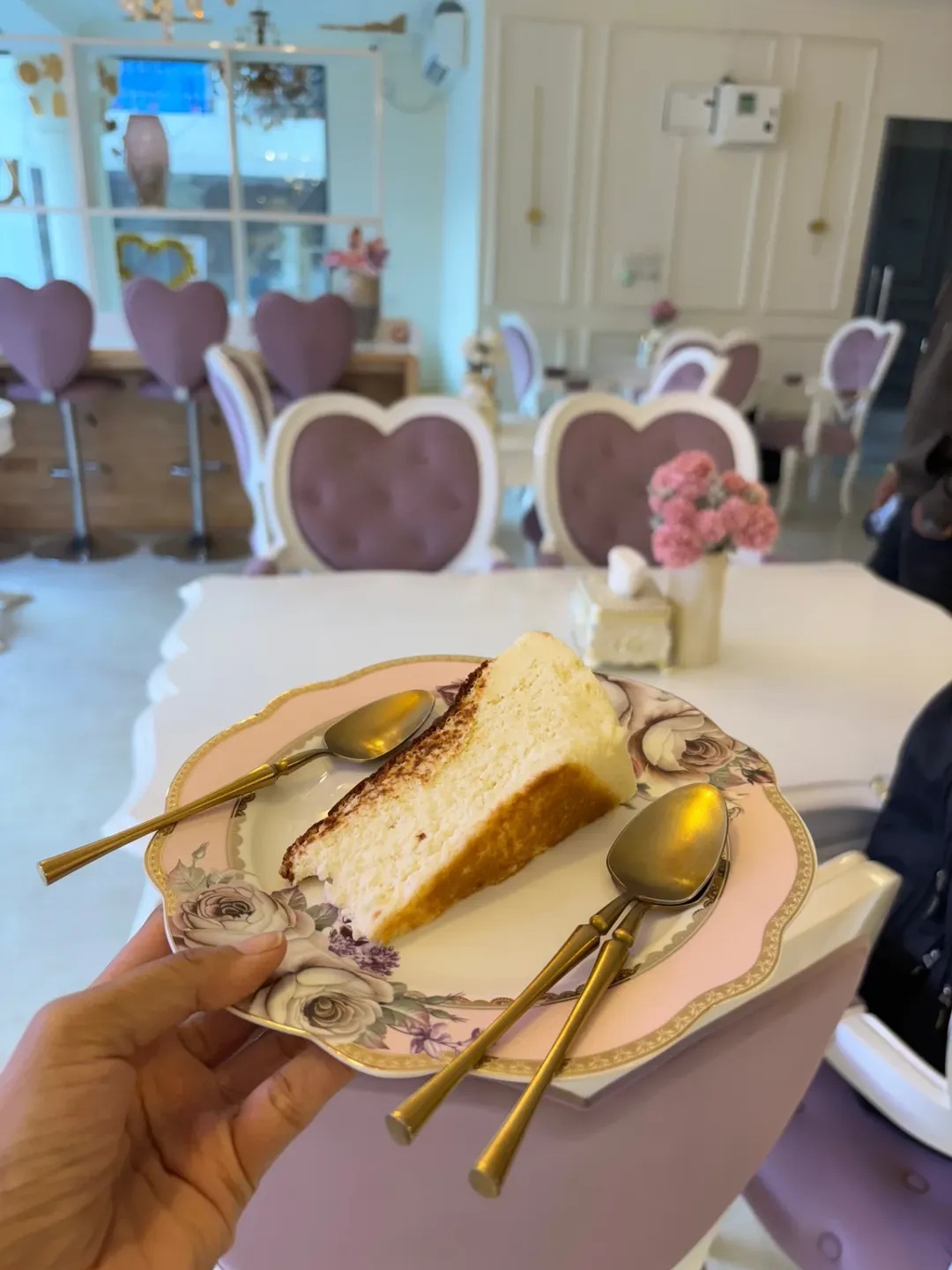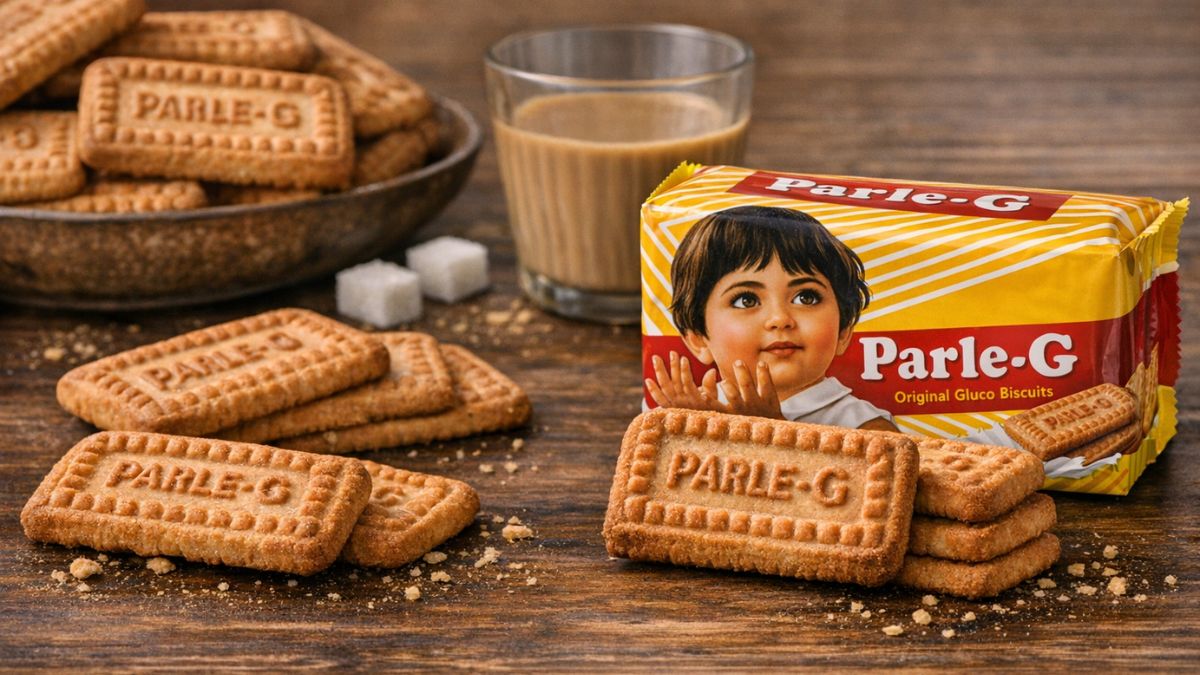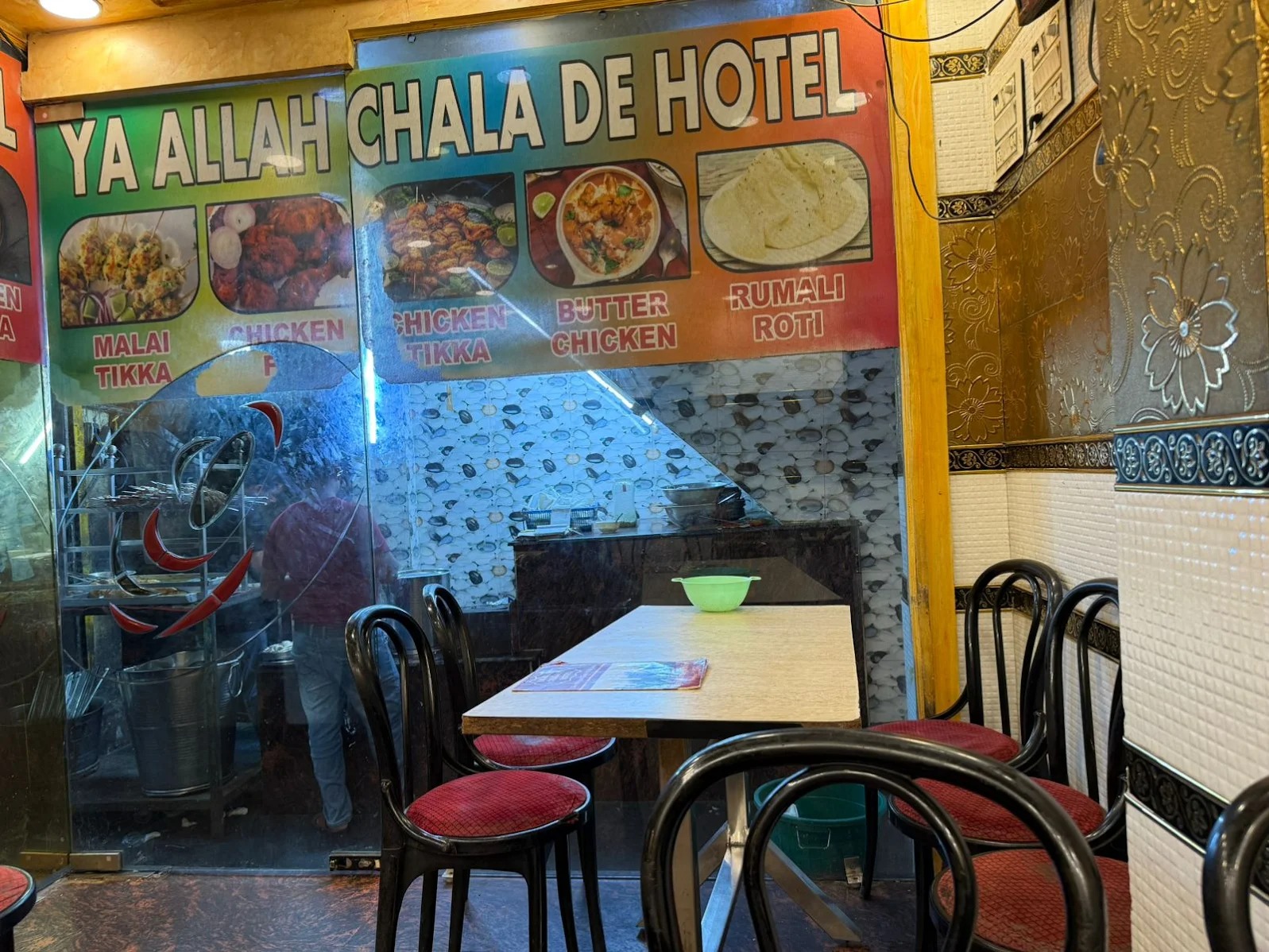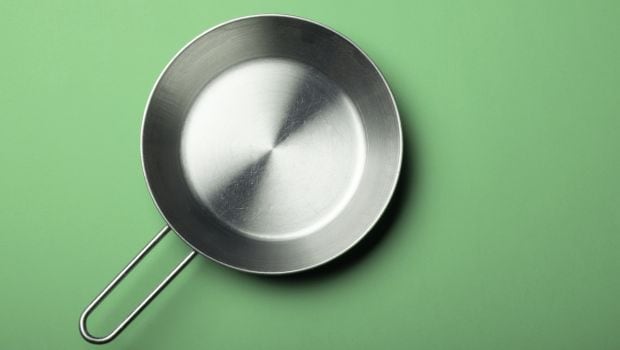We know our money is well spent when the product lasts for longer without any damages. Durability is the main criteria behind our purchases. Kitchenware needs the fastest replacement as they are used daily and that too more than just once! We often go shopping for cooking wares and don’t like compromising on their quality since we want to enjoy good health and good taste. But when they start wearing off within a week or two, it gets rather annoying.As the name suggests, a non-stick surface is a surface designed to reduce the ability of other materials to stick to it. The non-stick coating allows food to cook without sticking to the pan. Non-stick is often used to refer to surfaces which are coated with polytetrafluoroethylene (PTFE). Other coatings have also been marketed as non-stick, such as anodized aluminium, ceramics, silicone, enameled cast iron. The benefits of using non-stick cookware are that they are easier to clean, you can cook with less oil, better food release as the non-stick coating prevents the food from sticking, and so on. To prolong the life of a non-stick pan keep seasoning it at regular intervals and replace it every three to four years.Here are some tips which will help your non-stick pan last longer:
1. Pre-Season it with Cooking OilThe pan may be called non-stick but you need to lubricate it before commencing with the cooking. Don’t pour oil or spread butter on it as the food might absorb it adding unnecessary fat to your meal. Instead use a paper towel soaked in oil, and wipe it around the non-stick coating.

2. Don’t Use Commercial Cooking SprayThe cooking spray tends to stick to the non-stick pan hence making it sticky. This spray builds up and stays while cooking. Later it becomes a huge task to clean it from the pan. Since non-stick coatings are fragile, rubbing them too much may cause damages.3. Avoid Using Metal Cooking SpoonsTo make your non-stick pan last longer, avoid using any sharp objects like metal spoons, knife etc. to turn or stir your food in the pan since the sharp edges of the object might peel off the non-stick coating which will then demand replacement. The best spoons to use would be wood, plastic or silicone.

4. Use the Right Cleaning MethodFirst wash the cookware with a soft sponge using warm water and a dish soap. If there are any burnt spots or oil residues, make a paste of baking soda and water. Apply the paste to the damaged area and leave it for 15 minutes. After cleaning it, soak a paper towel with vegetable oil and use it to wipe the surface of the non-stick pan.

5. Correct Heating SettingMost of the non-stick cookware are compatible for low and medium heat cooking. High heat can wear off the finish and cause damages to the non-stick coat. To be sure of the correct heat temperature try the butter test according to which if bubbles occur, heat is right while if it turns brown and burns you have to lower the heat.

6. Proper StorageTry storing your pans hanging with plenty of space in between so that they don’t cling. But if your kitchen doesn’t have that kind of space store the pans away from sharper objects so that they don’t damage and the non-stick coat is not scratched.7. Don’t Store Your Food in the PanStoring your food in the non-stick pan might cause degradation to the pan and the food might also grasp the metallic taste due to elongated storage. Always use the right containers to store your food.8. Avoid Cooking Acidic FoodCooking acidic foods in your non-stick pans may peel off the non-stick coat. Foods like tomatoes and lemons tend to loosen a shallow non-stick coating.

Not all non-stick cookware are stove-top friendly. If you have some that are meant for bread, then keep them as a single-use pan: bread only. This will extend their life.Disclaimer:
1. Pre-Season it with Cooking OilThe pan may be called non-stick but you need to lubricate it before commencing with the cooking. Don’t pour oil or spread butter on it as the food might absorb it adding unnecessary fat to your meal. Instead use a paper towel soaked in oil, and wipe it around the non-stick coating.
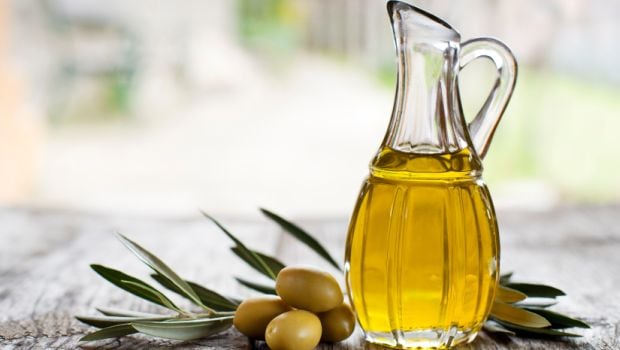
2. Don’t Use Commercial Cooking SprayThe cooking spray tends to stick to the non-stick pan hence making it sticky. This spray builds up and stays while cooking. Later it becomes a huge task to clean it from the pan. Since non-stick coatings are fragile, rubbing them too much may cause damages.3. Avoid Using Metal Cooking SpoonsTo make your non-stick pan last longer, avoid using any sharp objects like metal spoons, knife etc. to turn or stir your food in the pan since the sharp edges of the object might peel off the non-stick coating which will then demand replacement. The best spoons to use would be wood, plastic or silicone.
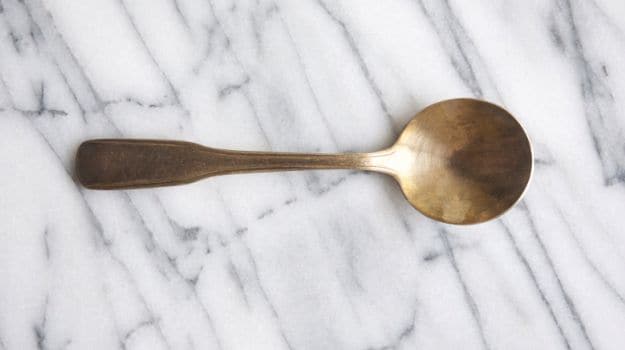
4. Use the Right Cleaning MethodFirst wash the cookware with a soft sponge using warm water and a dish soap. If there are any burnt spots or oil residues, make a paste of baking soda and water. Apply the paste to the damaged area and leave it for 15 minutes. After cleaning it, soak a paper towel with vegetable oil and use it to wipe the surface of the non-stick pan.
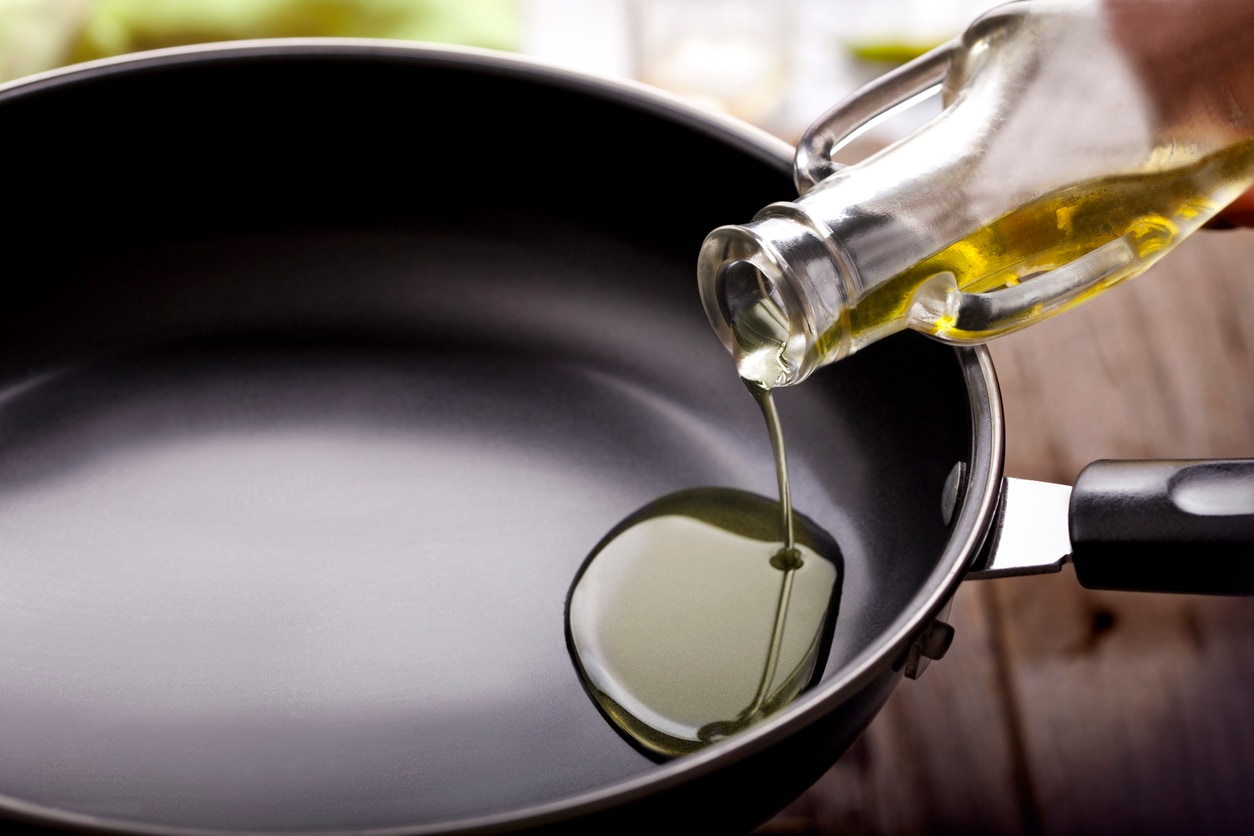
5. Correct Heating SettingMost of the non-stick cookware are compatible for low and medium heat cooking. High heat can wear off the finish and cause damages to the non-stick coat. To be sure of the correct heat temperature try the butter test according to which if bubbles occur, heat is right while if it turns brown and burns you have to lower the heat.
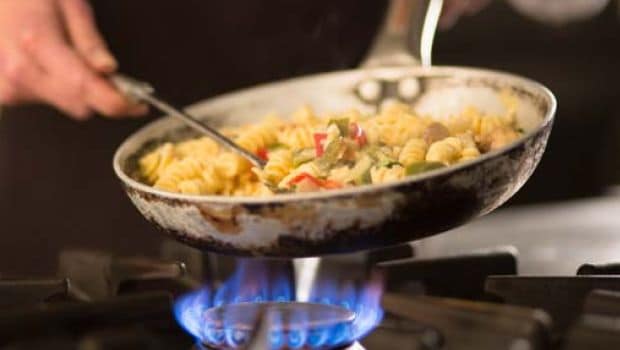
6. Proper StorageTry storing your pans hanging with plenty of space in between so that they don’t cling. But if your kitchen doesn’t have that kind of space store the pans away from sharper objects so that they don’t damage and the non-stick coat is not scratched.7. Don’t Store Your Food in the PanStoring your food in the non-stick pan might cause degradation to the pan and the food might also grasp the metallic taste due to elongated storage. Always use the right containers to store your food.8. Avoid Cooking Acidic FoodCooking acidic foods in your non-stick pans may peel off the non-stick coat. Foods like tomatoes and lemons tend to loosen a shallow non-stick coating.
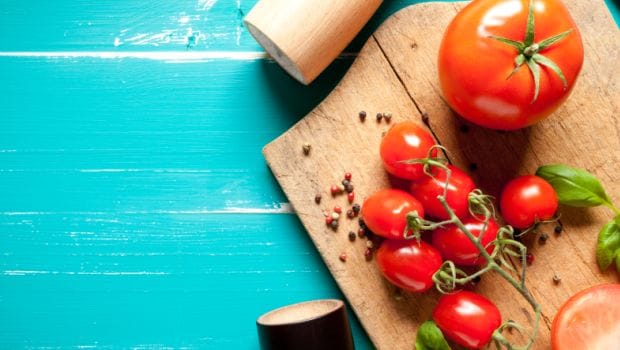
Not all non-stick cookware are stove-top friendly. If you have some that are meant for bread, then keep them as a single-use pan: bread only. This will extend their life.Disclaimer:
The opinions expressed within this article are the personal opinions of the author. NDTV is not responsible for the accuracy, completeness, suitability, or validity of any information on this article. All information is provided on an as-is basis. The information, facts or opinions appearing in the article do not reflect the views of NDTV and NDTV does not assume any responsibility or liability for the same.
Advertisement

